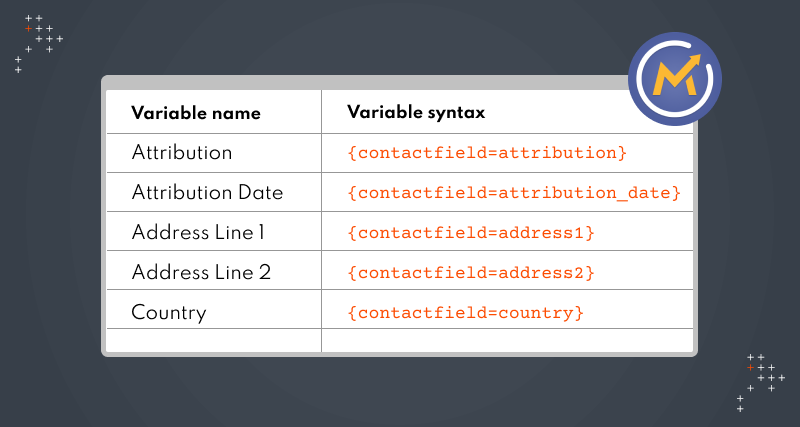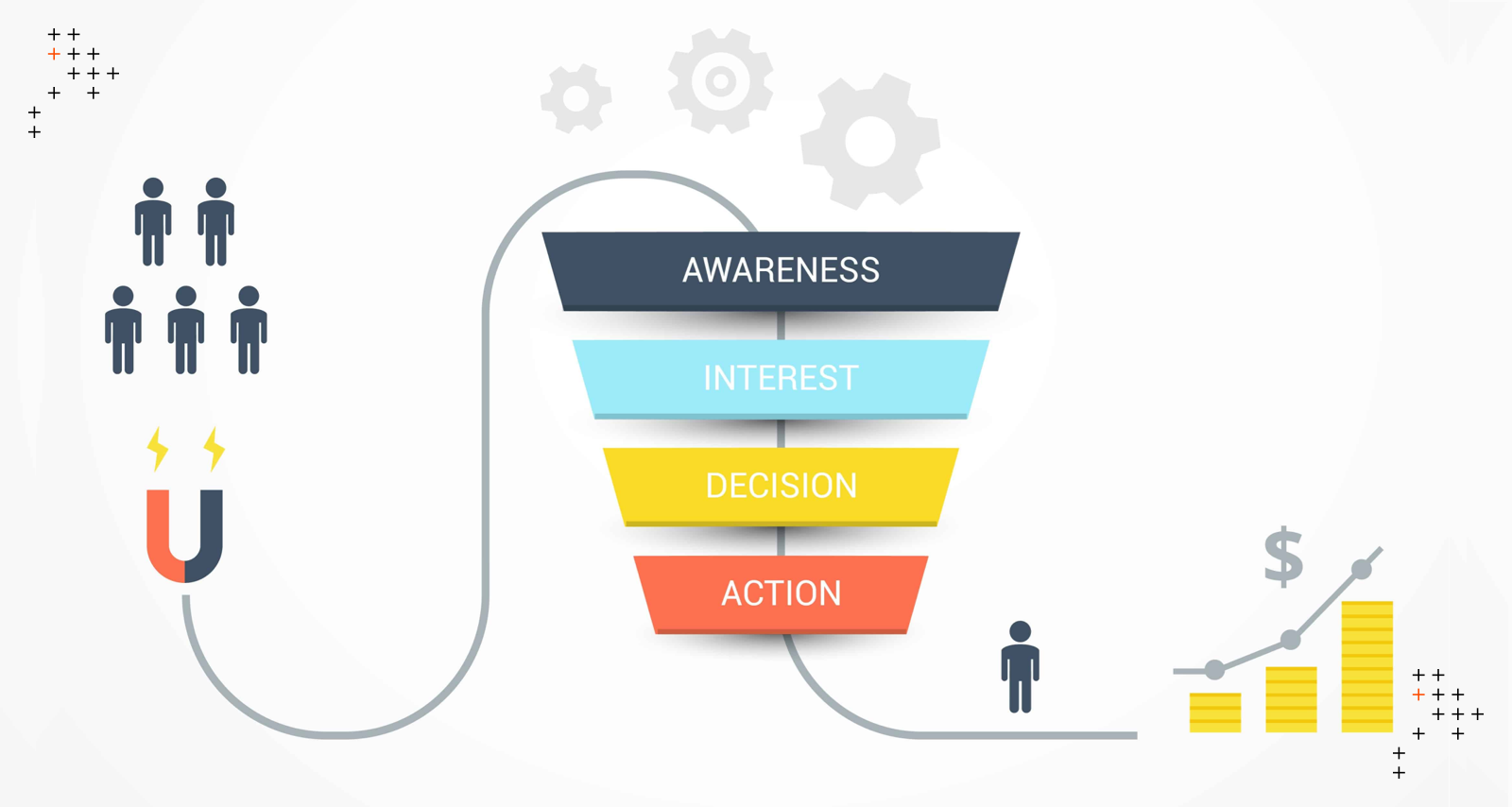Introduction
Personalization in marketing is essential, with 65% of customers expecting brands to adapt to their evolving preferences. Personalized marketing significantly enhances audience engagement and delivers more tailored digital experiences.
Mautic, an open-source marketing automation platform, offers powerful personalization tools like tokens. Tokens enable organizations to integrate dynamic, contextually relevant content into emails, landing pages, and other marketing materials, ensuring a more customized and impactful communication for their audience.
What Are Tokens In Mautic?
Tokens in Mautic are placeholders that can be inserted into marketing materials. These placeholders are replaced with actual data when the content is delivered to the audience. Common tokens include contact names, email addresses, and custom fields created in Mautic.

How You Can Use Tokens For Personalization
The following steps will help personalize communications within Mautic through tokens.
Step 1: Set Up Contact Fields
Before using tokens, ensure the contact fields are set up correctly in Mautic. Go to the contacts menu and click on “Fields.” Here, organizations can add custom fields relevant to their personalization strategy.
Step 2: Create A Segment
Create a segment to target a specific group of contacts. Segments help organize contacts based on specified criteria. Go to “Segments” and click “New” to create a segment.

Step 3: Design An Email With Tokens
Click on “Emails” in the “Channels” menu and select “+New” to create a new email. Here, choose between template or segment emails.

- Template Email
By default, template emails are transactional and are used in campaigns, form submit actions, and point triggers. Organizations can send multiple template emails to the same contact.
- Segment Email
Segment emails are marketing emails by default. The marketer assigns segments to the email to determine which contacts receive the communication. Each contact can receive the segment email only once.
To personalize the email, navigate to the “Builder” option.

In the email editor, insert tokens by clicking on the {} icon in the toolbar or by typing {contactfield=FIELD_NAME}. For example, {contactfield=firstname} will insert the recipient’s first name.


Organizations can also use custom tokens if they have created custom fields. For example, if the business has a custom field named "favorite_product," it can use {contactfield=favorite_product} to personalize the email content based on each contact's favorite product.
Step 4: Use Tokens In Landing Pages
Organizations can also personalize landing pages using tokens. Create a new landing page in Mautic by navigating to the “Landing Pages” in the “Components” menu.
Organizations can insert tokens in the landing page content as well. This can be particularly useful for personalizing greetings or providing customized content based on the contact’s information.
Step 5: Create Dynamic Content
With Mautic, organizations can create dynamic content blocks within the emails or landing pages. Dynamic content shows different content to different segments of the audience.
In the email or landing page editor, click on the “Dynamic Content” button. Define the default content and then add variations based on specific conditions. Organizations can also use tokens within these content blocks to further personalize their digital experience.


Step 6: Test And Send The Emails
Test the tokens before sending the emails or publishing the landing pages to ensure they work correctly. Use Mautic's “Preview” feature to see how the tokens will render for different contacts.

Send a test email to yourself or a small group of internal contacts to verify that the tokens are being replaced with the correct data.
Advanced Personalization Techniques In Mautic
Follow the additional techniques mentioned below to further optimize the marketing campaign in Mautic.
Custom Tokens
Beyond the standard contact fields, Mautic allows organizations to create custom tokens. This is useful if unique data points are available for further personalization. To create custom tokens, go to “Custom Fields” in “Settings” and add the required fields.
Integration With Other Tools
Mautic can be integrated with various Content Management Systems (CMS), Customer Data Platforms, and Customer Relationship Management systems. These integrations pull in additional data that can be used for token-based personalization.
For example, businesses can integrate Mautic with Salesforce CRM to automate lead management and improve customer engagement. The lead information captured in Mautic will be automatically pushed to Salesforce, where it can be managed and nurtured further.
As a result, sales teams can access detailed activity logs of leads, allowing for better-informed sales strategies. Marketing teams can also gain insights into campaign effectiveness through closed-loop reporting.
How Axelerant Developed an Open-Source Plugin to Empower Retailers with Personalized Campaigns
Axelerant’s experts created an open-source plugin to integrate retail marketing automation flows into Mautic. This plugin, building on the custom object plugin, simplifies the creation of personalized campaigns for retailers. It generates key components such as a product object, a segment for product card customer lists, an email template with dynamic tokens, and a campaign framework.
To use this plugin, ensure you have Mautic version 4 or later, the API or Basic Auth enabled, and the custom object plugin installed.
Want to know more about the plugin and how you can use it? Or how Axelerant's experts can help you achieve personalization through Mautic?

Jitesh Khatwani, Associate Consultant
Obssessed with cricket and minesweeper, he prefers staying away from books and movies. He hates slow internet.
%20copy.png)
Sayan Mallick, Marketing Assistant
A former professional e-sports player, passionate about anime and technology—that’s Sayan. He is an eccentric explorer who likes to read, play games, teach, and spend time with his pet dog, Buddy.

Simran Sethi, Marketing Associate
Simran is an avid reader. She is an active runner, who also likes to swim, dance, and sing. For her, the meaning of life lies in the little things. Kindness, passion, and compassion are her life’s essential values.

 We respect your privacy. Your information is safe.
We respect your privacy. Your information is safe.



Leave us a comment